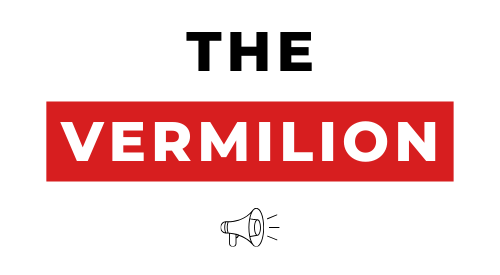An entrepreneur friend from Oristano, commenting on an article in this column, writes to me urging me to try to clear up the confusion that hovers around the terms liberalism, libertarianism And liberalism. I thank him for his trust and inspiration.
Let’s start with the most mistreated and misunderstood term, as well as the most relevant for a column that tries to keep alive the thoughts of a great master of the subject. In Italy the word “liberalism” is almost always accompanied by nice terms such as “wild”, “fierce”, or “rampant and uncontrolled”, and generally those who use these terms do not know the meaning of liberalism at all. They limit themselves to reporting the recurring ideological mystification perpetrated by newspapers and by a unified mainstream on the subject, from right to left.
To understand that it is nothing wild and monstrous, it would be enough to consult an encyclopedia or Wikipedia, which would begin by telling you that liberalism is synonymous with “economic liberalism” and that, essentially, it is an economic concept centered on free individual initiativeon the promotion of an economic system based on the competitive market, on laissez-faire and the free exchange of goods in international trade, with the limitation of the State’s activities to a role of guarantor of property and competition.
The fact is that liberalism has had numerous theoretical variations and developments over the centuries, and saying that economic liberalism is synonymous with liberalism does not help to clarify. For the moment let’s see how the big one Sergio Ricossa introduces us to liberalism: “In common opinion, it is the economic part of liberalism. For the most ambitious liberalists, it is instead the purest and most integral vision of liberalism. The choice of a different word (Liberalism and not liberalism) would be motivated only by the opportunity to avoid the misunderstandings that have arisen, over time, around liberalism. Far from exhausting itself in the gross practice of laissez-faire, liberalism demands a philosophical and moral dignitygrafting onto individualism.
The collective, for libertarians, is always and only a meeting of individuals, and never transcends individuals. It follows that, in liberalism, duties are nothing more than the “flip side” of the individual rights of others. This connects to the liberal idea that every individual is different from others, unique and unrepeatable. Nothing can replace it, which establishes the preciousness, if not the sacredness, of every human life”. Sergio Ricossa – Dictionary of economics (Utet – 1998).
Nothing “wild” then, but a current of philosophical, economic and moral thought focused on the individual, on his freedom and dignity. Freedom, for example, to act through tools such as the free market, free initiative as opposed to collectivist impositions, and the importance of private contracts. Topics we will return to in the next pills.
While respecting the rights and freedoms of others, each individual must be able to express their abilities and freely pursue their ambitions, with a spirit of inventiveness and originality, characteristics that are very dear to liberalism: “The individual needs freedom of choice and of experiment, to implement its originality, as a condition for being what others are not and cannot be. In liberalism, therefore, there is a humanism that is particularly sensitive to the innovator, the inventor, the discoverer, the artist, the creator, the entrepreneur.”. (Ibid}
An “innovator’s humanism”, with a propensity to respect the freedom of each and every one, and with an eye, certainly, on economic freedom.

